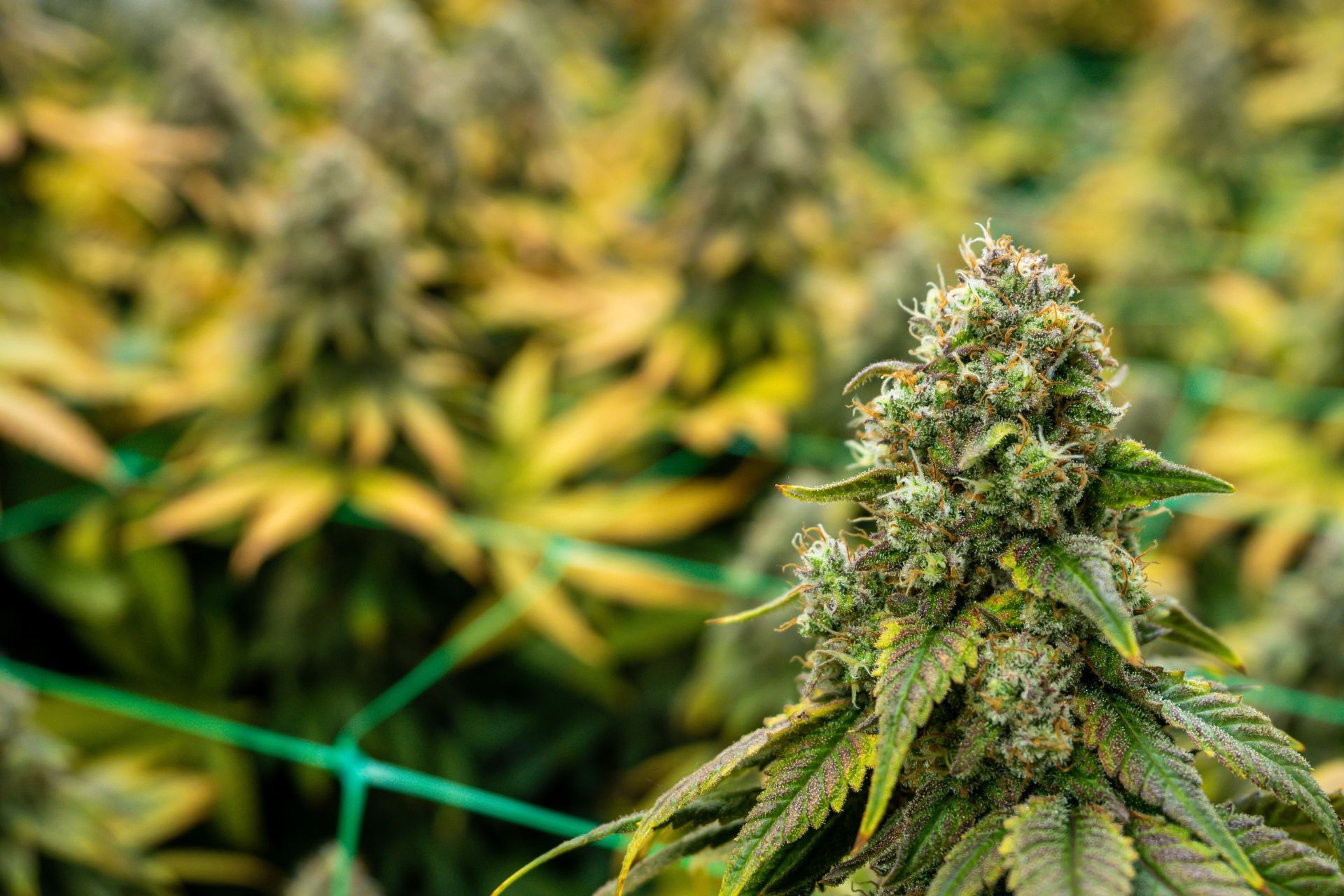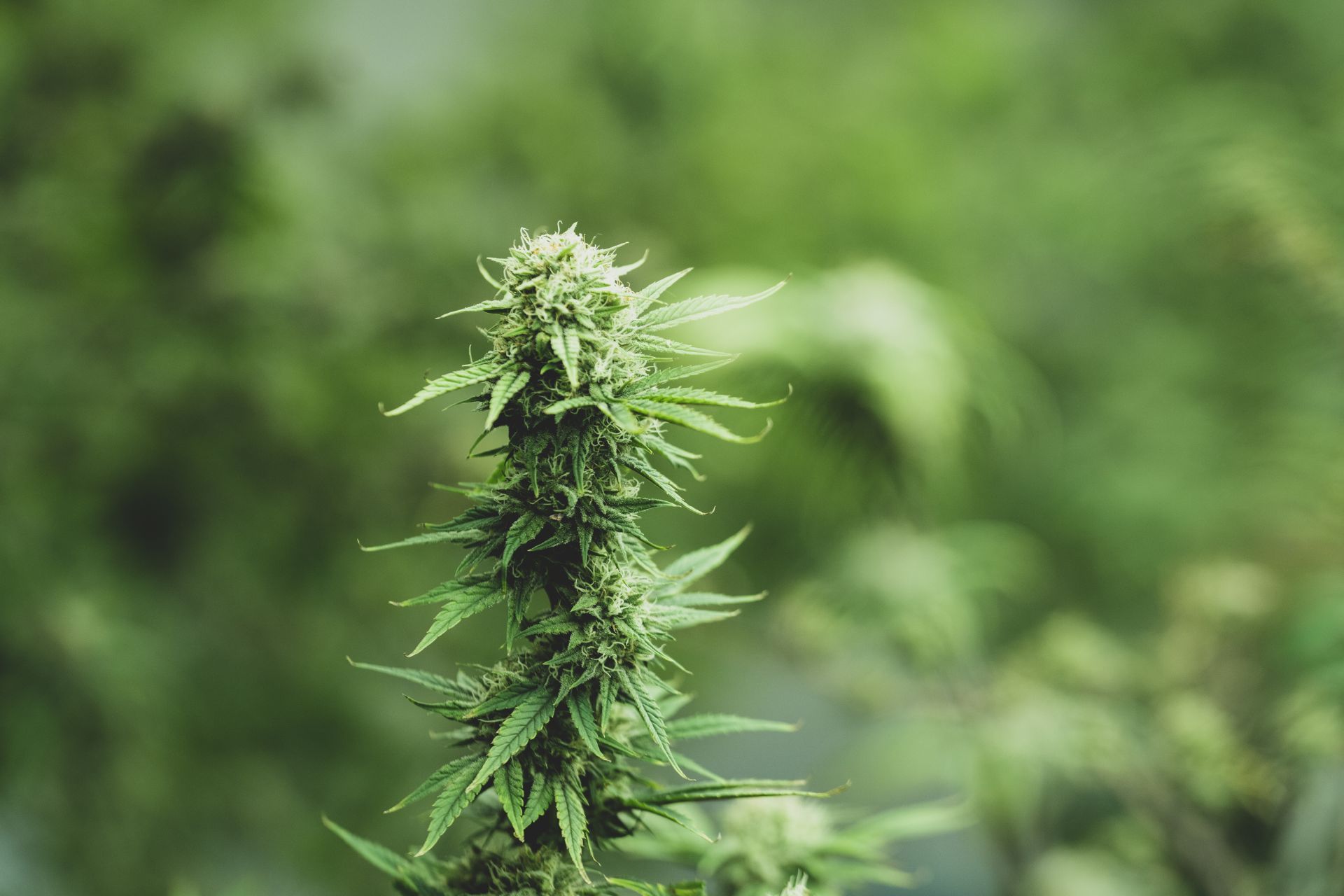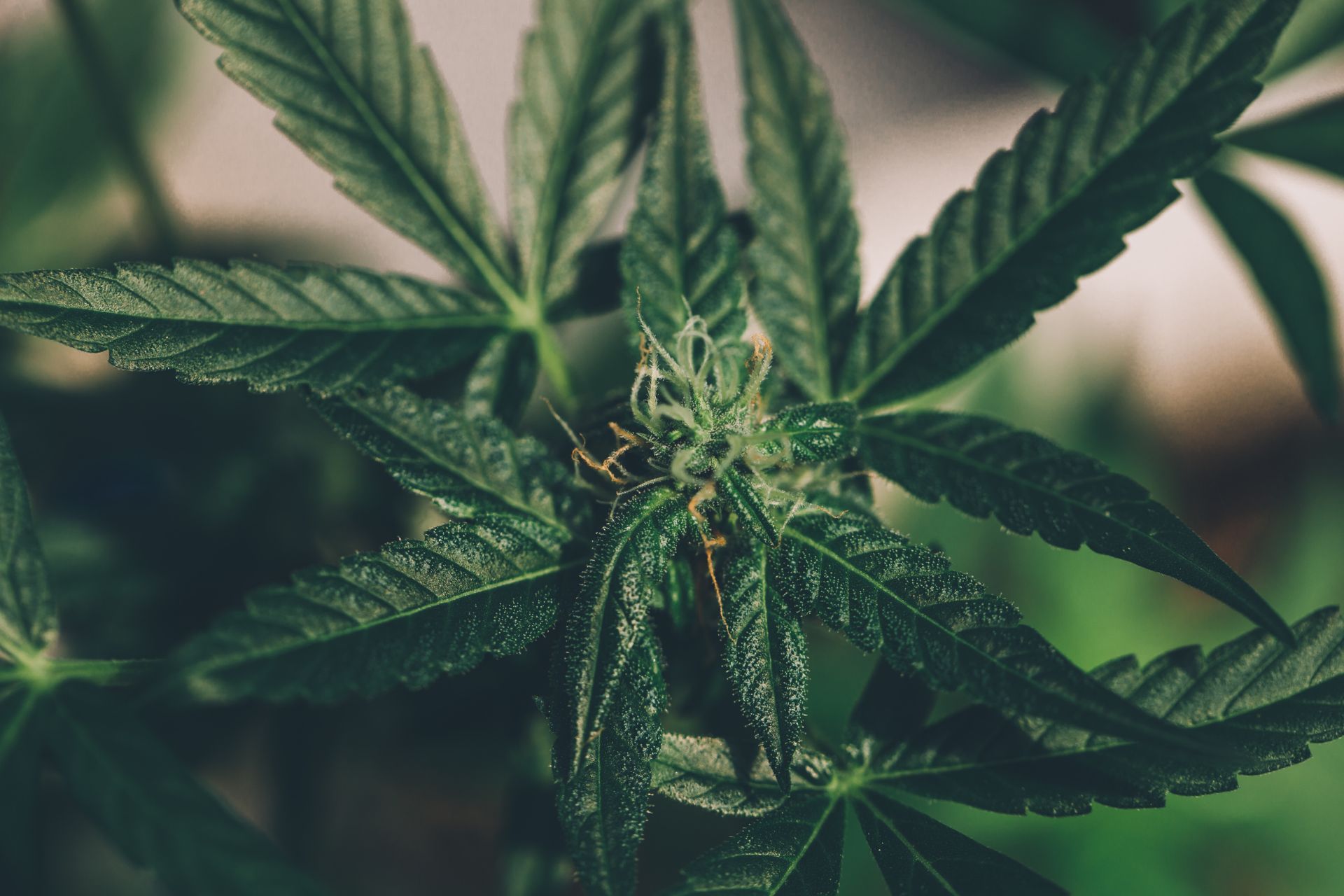Why Product Quality Matters More Than Ever for Cannabis Businesses
See How We're Different
or call us: (215) 653-8411
As the cannabis industry continues to evolve rapidly, product quality has emerged as a critical factor shaping consumer trust, regulatory compliance, and overall market success. With the average THC content in legal recreational cannabis rising from 15% in 2012 to 22% in 2023, consumers are becoming increasingly discerning about what they purchase and consume. However, recent studies have revealed concerning discrepancies in product labeling and quality assurance, underscoring the urgent need for cannabis businesses to prioritize accuracy and transparency.
In fact, a study by the University of Colorado Boulder found that nearly 50% of cannabis flower products in Colorado may overstate their THC content, which can mislead consumers and potentially harm the industry’s credibility. This article explores why product quality matters more than ever for cannabis businesses, highlighting the challenges, opportunities, and best practices that can help companies thrive in this competitive landscape. For more insights on the labeling challenges, see the University of Colorado Boulder study.
The Growing Importance of Accurate Product Labeling
Market Growth Driving Demand for Quality Assurance
As the industry matures, companies that invest in comprehensive testing protocols will gain a competitive edge, reducing risks associated with recalls or legal penalties and enhancing their reputation. For a detailed look at market projections, see the cannabis testing market report.
Technological Innovations Enhancing Quality Control
Challenges and Opportunities in a Competitive Landscape
However, these challenges also present opportunities for differentiation. Brands that commit to rigorous quality control, transparent labeling, and consumer education can build trust and loyalty in a market where misinformation and overstatements are common. Educating consumers about the full spectrum of cannabinoids and potential effects, rather than focusing solely on THC, can foster more informed choices and better experiences. This educational approach can extend to various platforms, including social media, workshops, and partnerships with healthcare professionals, allowing brands to establish themselves as credible sources of information. Additionally, the rise of technology in cultivation and testing processes—such as precision agriculture and advanced analytics—can further enhance product consistency and quality, creating a competitive edge for those willing to invest in innovation.
As the cannabis industry continues to expand, companies that prioritize product quality will not only comply with evolving regulations but also position themselves as leaders in a maturing market. The integration of sustainable practices in cultivation and packaging can also serve as a unique selling proposition, appealing to environmentally conscious consumers. By adopting eco-friendly methods and promoting their commitment to sustainability, cannabis businesses can attract a broader customer base while contributing positively to the planet. In this dynamic landscape, the ability to adapt and innovate will be crucial for long-term success, as companies strive to meet the diverse needs of an increasingly discerning consumer population.
Conclusion: Quality as a Cornerstone for Sustainable Growth
In an industry marked by rapid growth and increasing consumer sophistication, product quality is no longer just a regulatory checkbox—it is a strategic imperative. With nearly half of cannabis products potentially overstating THC content and the testing market expanding rapidly, businesses must invest in accurate labeling, comprehensive testing, and innovative technologies to meet consumer expectations and regulatory demands.
Learn more about the evolving cannabis testing landscape in the
industry report by The Insight Partners.

Article By: Deb Sculli
Cannabis Insurance Specialist




